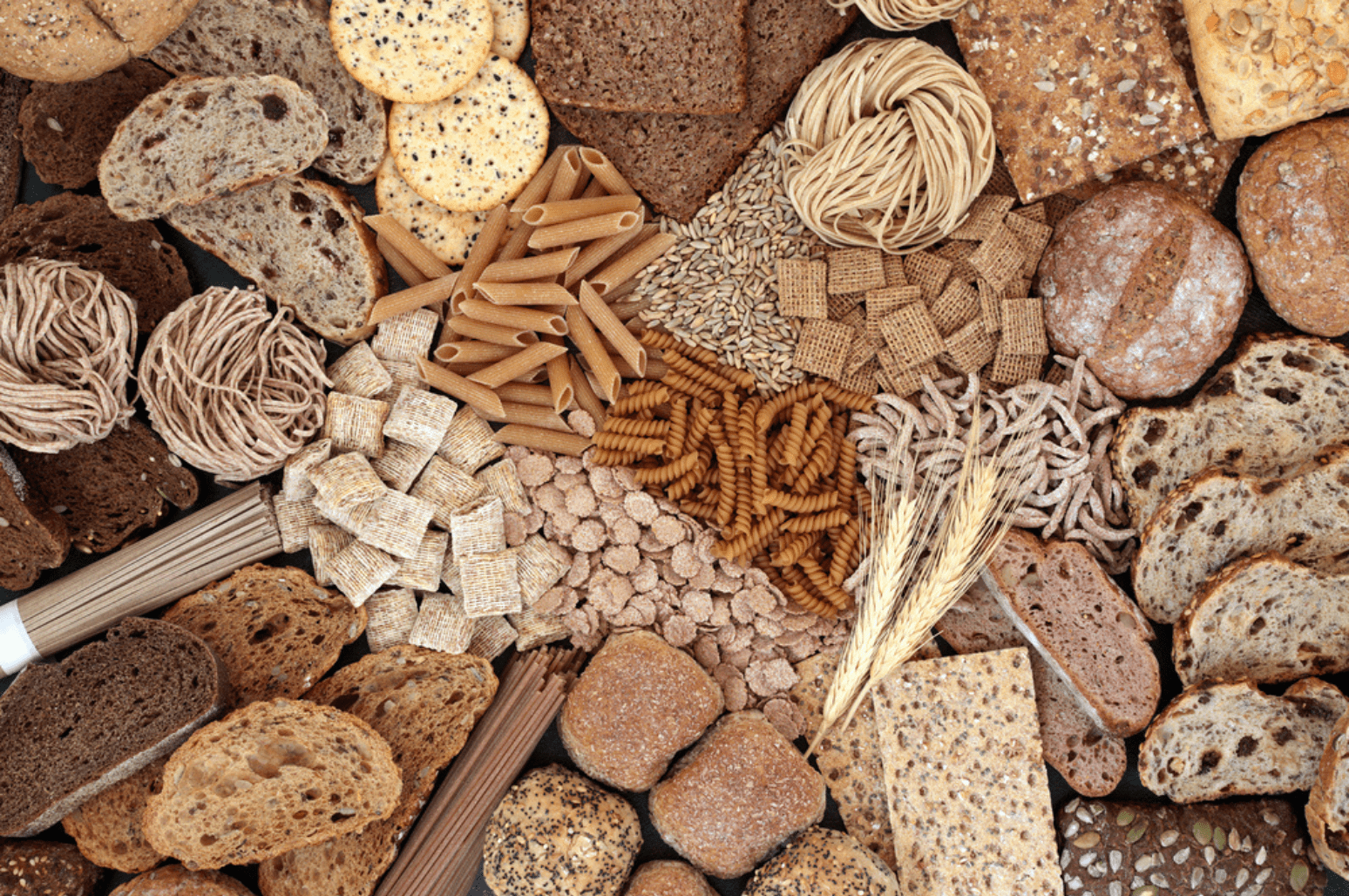
You probably remember drizzling mouthwateringly sweet maple syrup over your fluffy pancakes when you were a kid. It was the nectar of the gods back then, and even now it can be hard to enjoy a stack of pancakes without maple syrup. As you continue your ketogenic journey, you may wonder if maple syrup is keto, especially if you have a sweet tooth. Let’s discuss maple syrup, the nutrition facts, and whether it’s suitable for a ketogenic diet.
What Is Maple Syrup?

Maple syrup has been an American delicacy for hundreds of years. This delectable syrup is derived from the sap of maple trees, and it’s surprisingly high in potassium, magnesium, and calcium. For example, one-quarter cup serving size maple syrup provides 176 milligrams of potassium and around 85 milligrams of calcium. [1] Maple syrup also delivers antioxidants that boost your immune system and protect against certain diseases. Antioxidants help neutralize cellular damage. Due to the nutrients, antioxidants, and rich taste, people often prefer maple syrup to traditional refined sugar. [2] Studies reveal raw dark maple syrup could lower inflammation, which is a key player in a range of chronic diseases, including cancer and heart disease. [3]
Is Maple Syrup Keto-Friendly?
Despite the healthy characteristics mentioned above, the short answer to the question of whether maple syrup is keto is no; maple syrup isn’t usually keto-friendly due to its high sugar content, which will push you out of ketosis. Maple syrup is pure sugar (largely sucrose) with zero fiber, so it doesn’t fit into keto macros. While many people choose maple syrup over white sugar because it’s a less processed and more natural sweetener, it’s still too sugary for those trying to remain in ketosis.
A standard serving size of maple syrup is a quarter cup. One-quarter cup of maple syrup has around 56 grams of sugar (net carbs), so it will absolutely raise your blood sugar levels if you’re consuming that in one sitting. Most keto dieters aim to consume less than 50 grams of net carbs in one day, and many allow less than 20 grams, so one-quarter cup of this delightfully sweet syrup would be more than your carb allowance for the entire day. Some maple syrup brands list their serving sizes as tablespoons or teaspoons to make them seem lower in sugar, so be mindful of how much you would consume. Even one tablespoon provides 13 grams of sugar, which is still too high for most keto dieters and will generate an insulin response.
What About Sugar-Free Keto Maple Syrup?
Many of the sugar-free syrups commercially available in grocery stores and coffee shops like Starbucks actually aren’t keto-friendly because they’re a combo of artificial sweeteners along with real sugars that could ramp up your blood sugar levels and impede ketosis. While sucralose is an artificial sweetener with zero carbs, it’s often paired with a real sugar like maltodextrin, which comes from starchy corn and rice and has the same calories and carbs as sugar. Sucralose has been shown to raise blood sugar and insulin levels in some people. It’s up to you if you’d like to consume sucralose on keto, and you might decide to confirm through testing that it doesn’t raise your blood sugar levels first. People have also raised concerns about the effects of these artificial sweeteners on gut health and the microbiome.
In addition to buying the keto-approved maple syrups in the store, you could choose to make your own keto maple syrup at home using ingredients like water, xanthan gum, a keto sweetener like monk fruit or erythritol, salt, maple extract, and butter extract for more flavor.
Delicious Recipes Using Keto Maple Syrup
Fortunately, even when you’re following a ketogenic diet, you can still reignite that excitement of being a kid drizzling amber syrup over pancakes. The recipe creators here at Ketogenic.com have conjured up delicious recipes featuring keto-friendly maple syrup for you to enjoy:
References
United States Department of Agriculture (USDA) Food Database. Syrups, Maple, FoodData Central (usda.gov)
Hajhashemi, V., Vaseghi, G., Pourfarzam, M., & Abdollahi, A. (2010). Are antioxidants helpful for disease prevention? Res Pharm Sci, Are antioxidants helpful for disease prevention? - PMC (nih.gov)
Yamamoto, T., Sato, K., Kubota, Y., Mitamura, K., & Taga, A. (2017). Effect of dark-colored maple syrup on cell proliferation of human gastrointestinal cancer cell. Biomed Rep, DOI: 10.3892/br.2017.910










